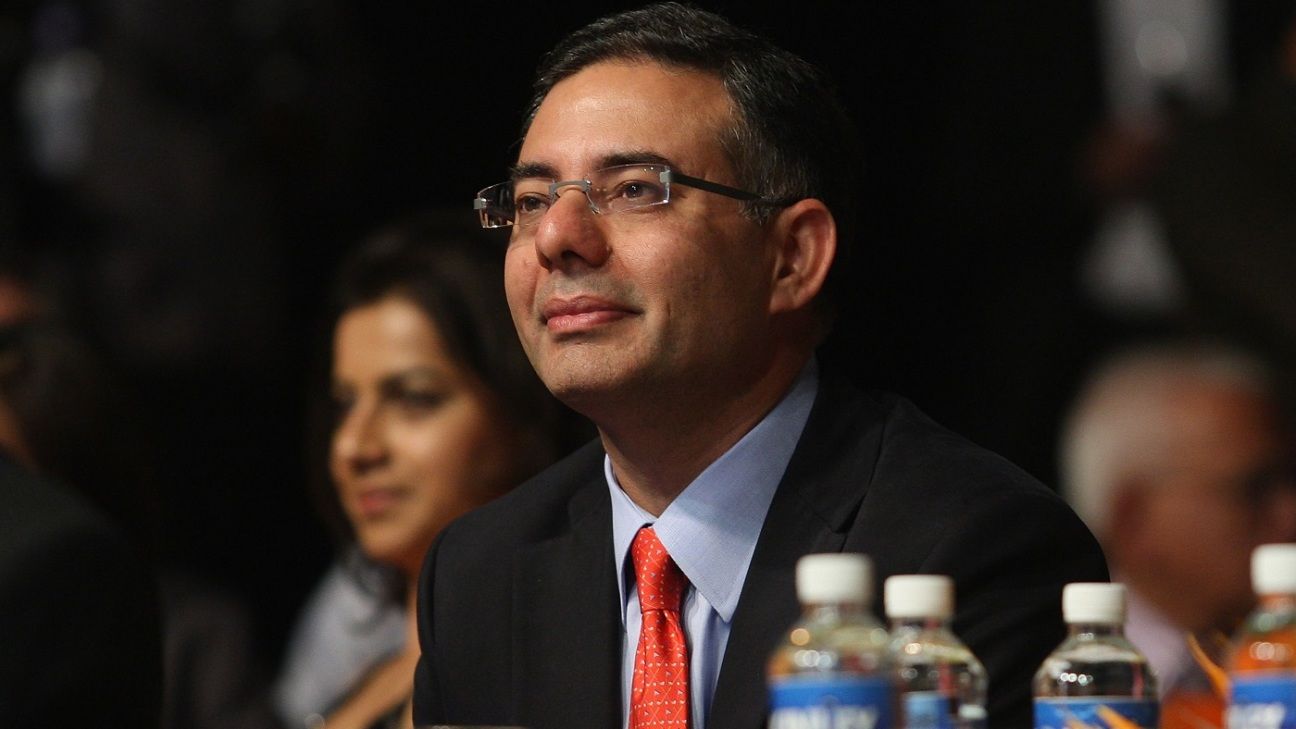
World cricket will start trying to make sense of the impact of the Covid-19 pandemic on the international calendar when the ICC and its member boards get together in a conference call on Thursday. CEOs of the 12 Full Members and representatives from three Associate boards will be on the call trying to figure out, among other things, what happens to the T20 World Cup later this year, and their various bilateral commitments.
The last international match to take place (behind closed doors) was the first ODI, of what was supposed to be a three-match series, between Australia and New Zealand in Sydney, and all cricket action around the world, international and domestic, has been on hold since. Some boards are expecting a bigger hit than others; the ECB for instance, could see much of its summer schedule wiped out, and could lose nearly £300 million as a result. The BCCI has had to suspend the IPL indefinitely. Others, like CA and the PCB, have been fortunate for the pandemic striking just as their seasons were nearly complete.
A number of bilateral series, some of which were part of the World Test Championship (WTC), have also been hit and the fate of this WTC cycle (2019-21) is likely to be high on any agenda. All WTC commitments have to be completed by the end of March 2021 for the final to take place next summer. The fate of the ODI Super League will also be discussed; the league, which is a pathway to qualification for the 2023 World Cup, was due to begin in May. This will make creating new windows into which to squeeze in existing bilateral commitments, while avoiding clashes with any domestic rescheduling, far trickier.
"This meeting is the first step of a collective process as we assess the impact of this ongoing global pandemic and work together so the sport can emerge from it in a strong position," ICC chief executive Manu Sawhney said. "We need to share knowledge and start to build a deep understanding of what it will take to resume international cricket.
"The scale of this task should not be underestimated and will encompass a myriad of factors until the public health situation has improved to a point that it is safe for our players, our employees, our fans and in a way that will not impact the public health situation adversely. Countries will start to reopen at different stages and in different ways and we will need to respect that and have a holistic view of this to enable us to take well-informed decisions that mitigate the various risks as much as possible.
"In relation to ICC events, including the ICC Men's T20 World Cup, we will continue to take advice from experts and authorities, including the Australian government. We will utilise all of the data and information available to us to ensure we can take responsible decisions around all competitions at an appropriate time that are in the best interests of our sport."
Some members will no doubt also bring up the question of the financial hits they are going to take with postponements of their bilateral commitments. In a recent PCB podcast, PCB chairman Ehsan Mani warned of the financial impact of the T20 World Cup being disrupted and there has been talk of a redistribution of the bi-annual ICC revenues for members, to allow the smaller boards to better absorb the hits.















 Phone: (800) 737. 6040
Phone: (800) 737. 6040 Fax: (800) 825 5558
Fax: (800) 825 5558 Website:
Website:  Email:
Email: 






